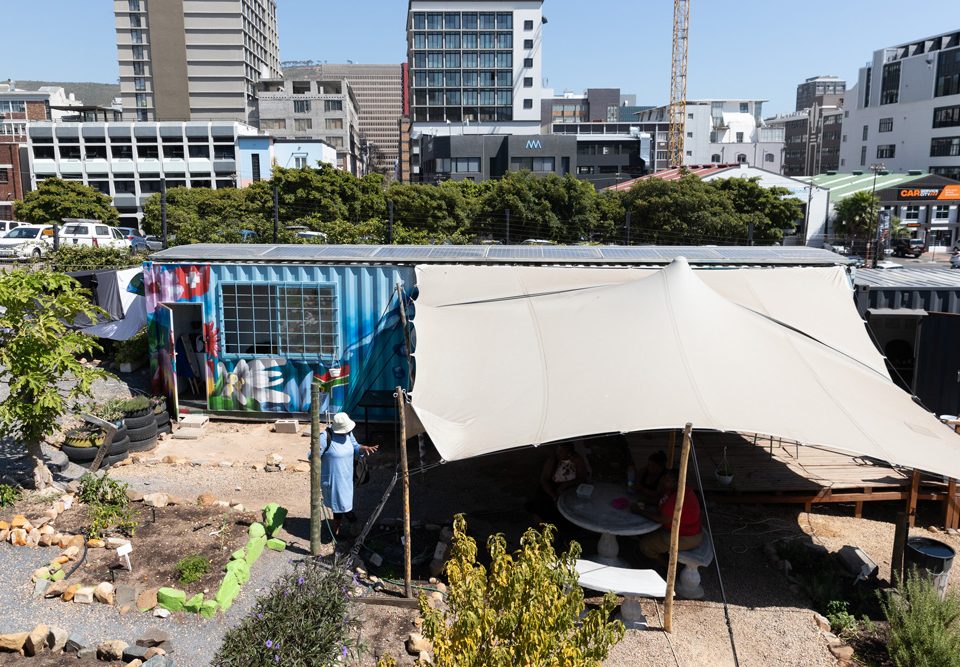
Building change, stitch by stitch
May 10, 2024

Meaning behind the Fairtrade label
Fairtrade coffee in South Africa, and across the globe, focuses on honest prices, decent working conditions, and sustainable farming practices for coffee producers – particularly in low-income countries. Here’s what’s important about supporting this valuable cause. By Vanessa Rogers.

Stable income for farmers, even when market prices fluctuate
Fairtrade sets a minimum price for coffee by conducting a cost-of-production analysis and consulting with stakeholders, including farmers, to determine the lowest monetary value needed to cover production costs. This value acts as a price floor, ensuring farmers receive their minimum payment even if the market price drops below it. Coffee prices are notoriously volatile – so the Fairtrade Minimum Price is able to provide a safety net to smallholder farmers, particularly, helping them to maintain financial stability.
Investment in the future of coffee
A payment called a Fairtrade Premium, generated by the Fairtrade system, allows coffee producers to improve infrastructure, education, healthcare, or any other pressing community need, in the form of an additional sum of money paid to farmers and workers on top of the Fairtrade Minimum Price. By joining the Fairtrade-certified producer organisation, producers stand to gain the resources to invest in community or business-development projects of their choice – because the buying company has agreed to pay a slightly higher-than-market price for their wares.
Call for sustainability, for the environment and the worker
Fairtrade emphasises sustainability through its standards, which promote responsible environmental practices, fair labour conditions, and economic viability for producers. By ensuring producers receive a fair price, Fairtrade allows them to invest in sustainable farming job practices and to tackle the root causes of deforestation and environmental degradation – with a nod to standards geared towards improving soil and water quality, avoiding harmful chemicals, managing waste, reducing greenhouse gas emissions, and protecting biodiversity. Fairtrade locals also support producer organisations to develop and implement business practices that will put them ahead in their financial modelling, as well as their market planning.

Supporting farmers, empowering producer organisations
Fairtrade principles empower producer organisations and support farmers by fostering democratic structures, stable prices, and extra funding for community development and business improvement. The three cogs that contribute towards this level of support and empowerment include inclusive structures, in which producers are organised into cooperatives with democratic and transparent operating systems; stable pricing and additional funding, as mentioned above, such that this bolsters both quality of life, and community development; and the placement of producers at the heart of the coffee industry’s decision-making process, by providing expertise through producer networks and expert advice on farm management and safe working conditions.
What the certification reveals to consumers and the trade
From ethical sourcing and fair pricing, to environmentally friendly farming job practices and decent working conditions, Fairtrade certification assures coffee buyers – both consumer and in the trade – that the coffee they are choosing to drink and sell meets a solid set of social, climate-related, and economic standards.
So when you encounter the Fairtrade mark, you won’t just be giving your customers the best in taste and quality; you’ll also be providing industry transparency that’s synonymous with all the feel-good factors that make this buying choice a truly heartfelt one.




